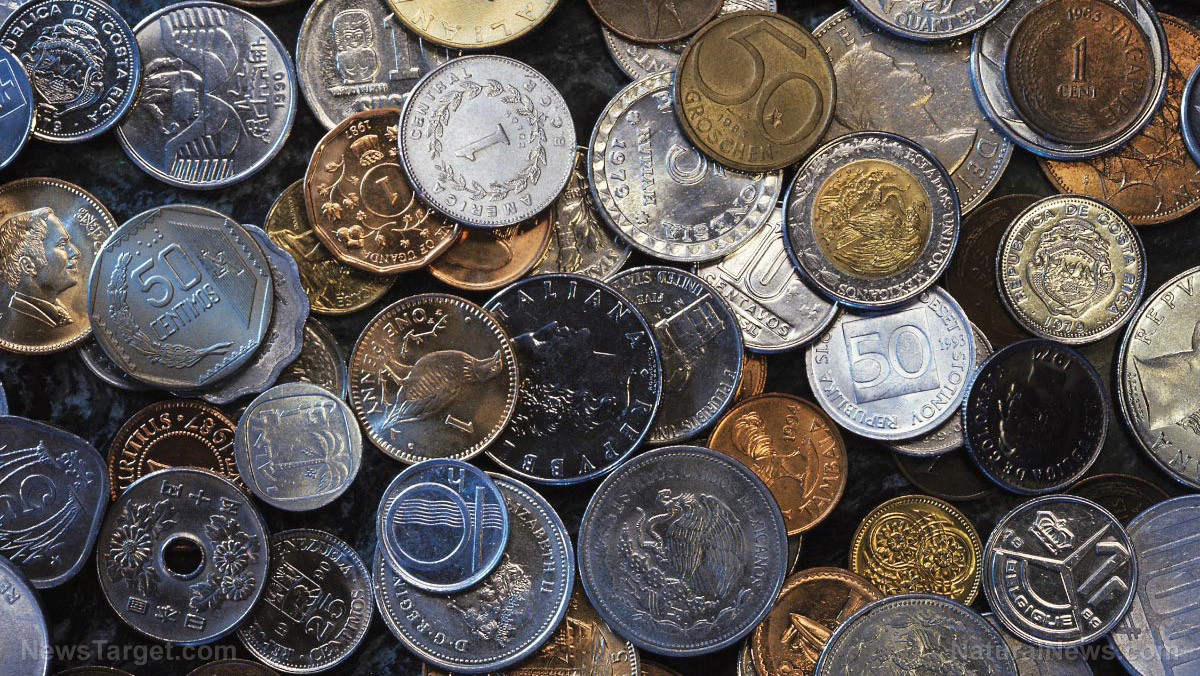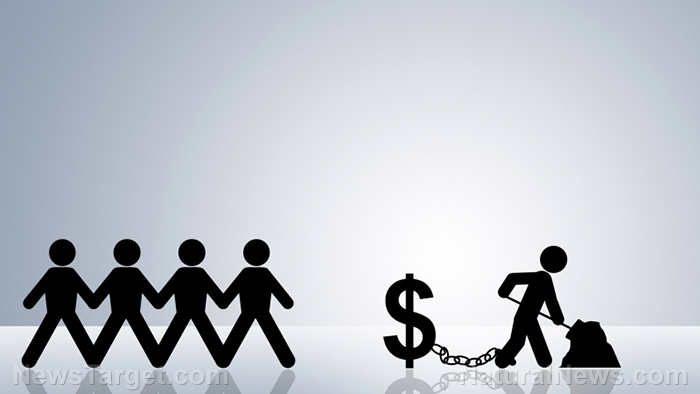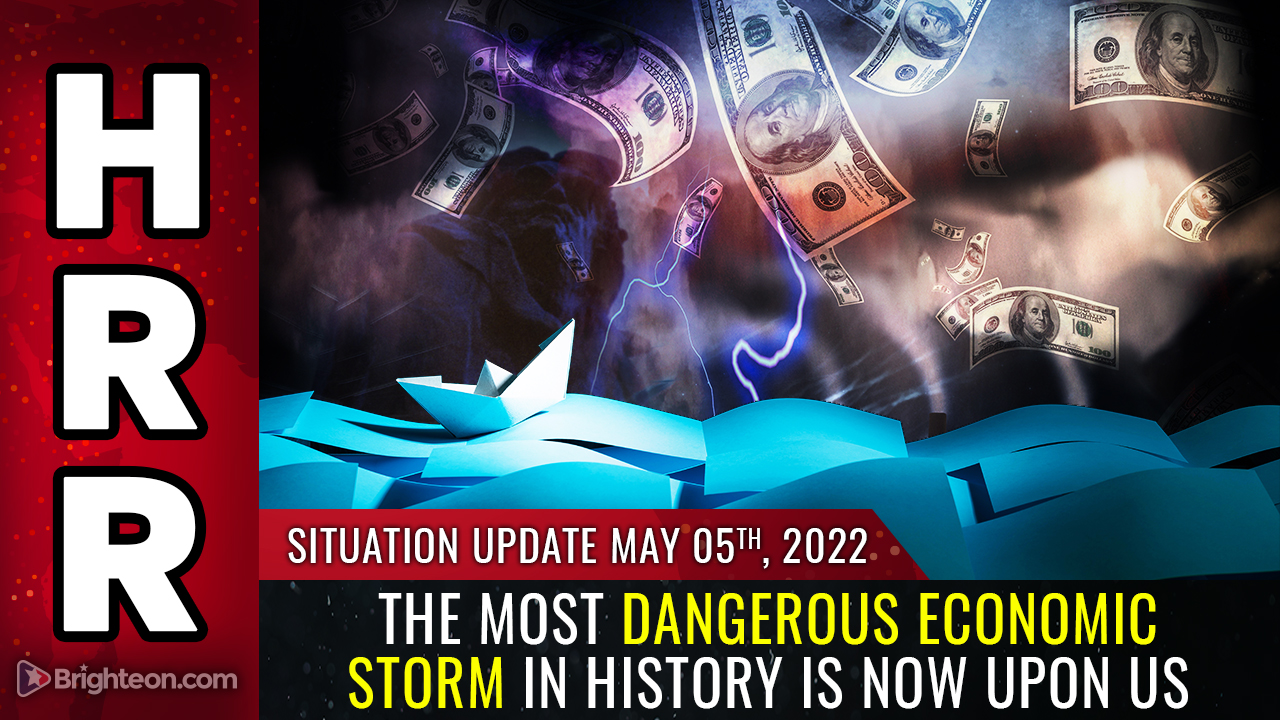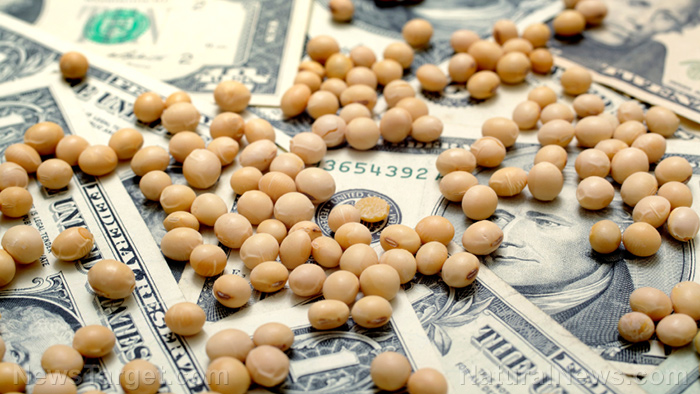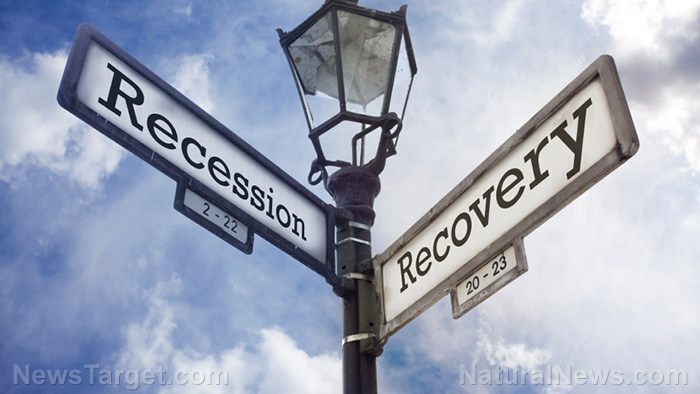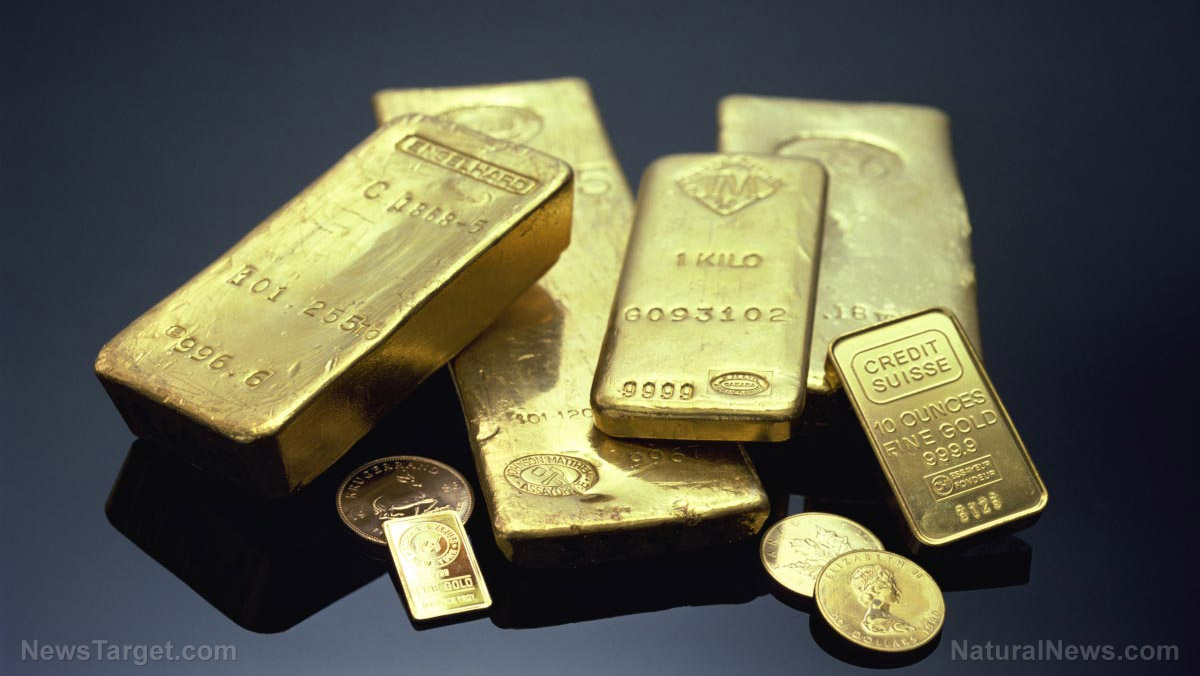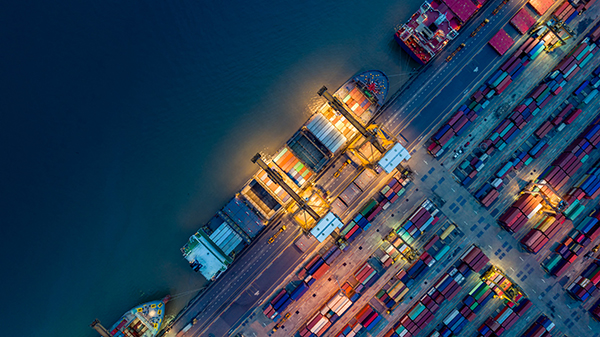Energy markets in turmoil as European gas climbs 60%
03/04/2022 / By Cassie B.
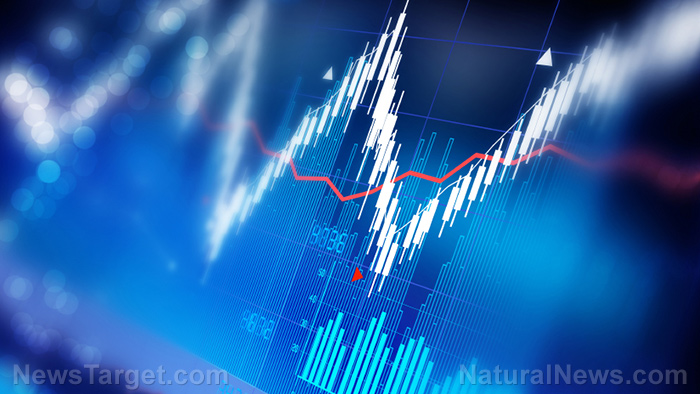
Commodity markets have been experiencing a huge upheaval thanks to President Vladimir Putin’s invasion of Ukraine, with European natural gas rising by as much as 60 percent on Wednesday as Russia’s descent into a commercial pariah continues.
Dutch gas, the European benchmark, climbed to a record high of nearly 195 Euros per megawatt-hour at one point, and Brent crude topped $114 a barrel as buyers pull away from Russian energy products. As the fighting starts to enter a more intense stage, fears are growing that damage to infrastructure in Ukraine will cause major disruptions to gas flow. There are also concerns that sanctions could soon extend to energy.
Traders, shippers and buyers have been avoiding Russian gas entirely, with sources telling Bloomberg that power and gas traders have been shying away from new deals with Russia’s Gazprom PJSC. Experts believe European companies could soon unwind contracts and clearing houses will stop trading with the Russian state-owned energy company. For now, however, gas supplies are still flowing from Gazprom into Europe, and the company declined to comment on whether firms have been cutting trading with them.
Russia currently supplies roughly a third of Europe’s gas needs, and they have said they expect gas delivery through pipeline networks to continue. However, Gazprom has warned of “serious challenges” when it comes to replenishing gas storage facilities in Europe for next winter, something that has never happened before at this time of year.
JTD Energy Services Chief Strategist John Driscoll said: “Geopolitics are throttling supply chains and keeping markets on edge.” He added that the wild swings being seen in intraday trading ranges are “scary.”
Uncertainty swirls around future of Russian gas
On Tuesday, the European Parliament called on the EU to close its ports to Russian ships and those headed to or from Russia. Although their vote was non-binding, traders viewed it as an indication of the potential for tightening measures against Russia, who supplies around 40 percent of the European bloc’s natural gas. Although not all countries receive their supply directly from Russia, if their biggest consumers, such as Germany, start getting less gas from Russia, they’ll need to make up for it with gas from other countries, like Norway, thereby impacting the availability of gas to other nations.
Cornwall Insight Senior Consultant Dr. Craig Lowrey told Reuters: “With the potential supply disruption from Russia reverberating throughout the European energy market, volatile energy prices are likely to continue for the foreseeable future.”
The important role that Russia’s energy industry plays in the global market led Western governments to leave oil and gas out of their sanctions. By cutting some banks, but not all, off from the financial system messaging infrastructure SWIFT, other countries did leave some avenues open for traders to pay for gas and oil. However, fears of a full embargo on Russian oil output have left many energy buyers worried about ending up with billions in Russian oil they won’t be able to sell, which could see the whole Russian oil supply chain collapsing.
In a recent interview on Face The Nation, World Bank President David Malpass said there will be alternatives to Russian natural gas within five years.
“Markets look forward so they can look at the five-year time horizon and realize that there’s a lot of energy available if it’s mobilized, there are alternatives to the Russian dominance of the gas market, for example,” he said, adding: “And so whether those changes are made will be important.”
However, replacing Russian gas in the short-term is nearly impossible, analysts say.
Sources for this article include:
Submit a correction >>
Tagged Under:
Bubble, chaos, Collapse, commodities, energy, energy crisis, gas, Inflation, natural gas, oil, power, power grid, products, risk, Russia, supply chain, supply disruptions, Ukraine invasion, World War III
This article may contain statements that reflect the opinion of the author
RECENT NEWS & ARTICLES
COPYRIGHT © 2017 BUBBLE NEWS




